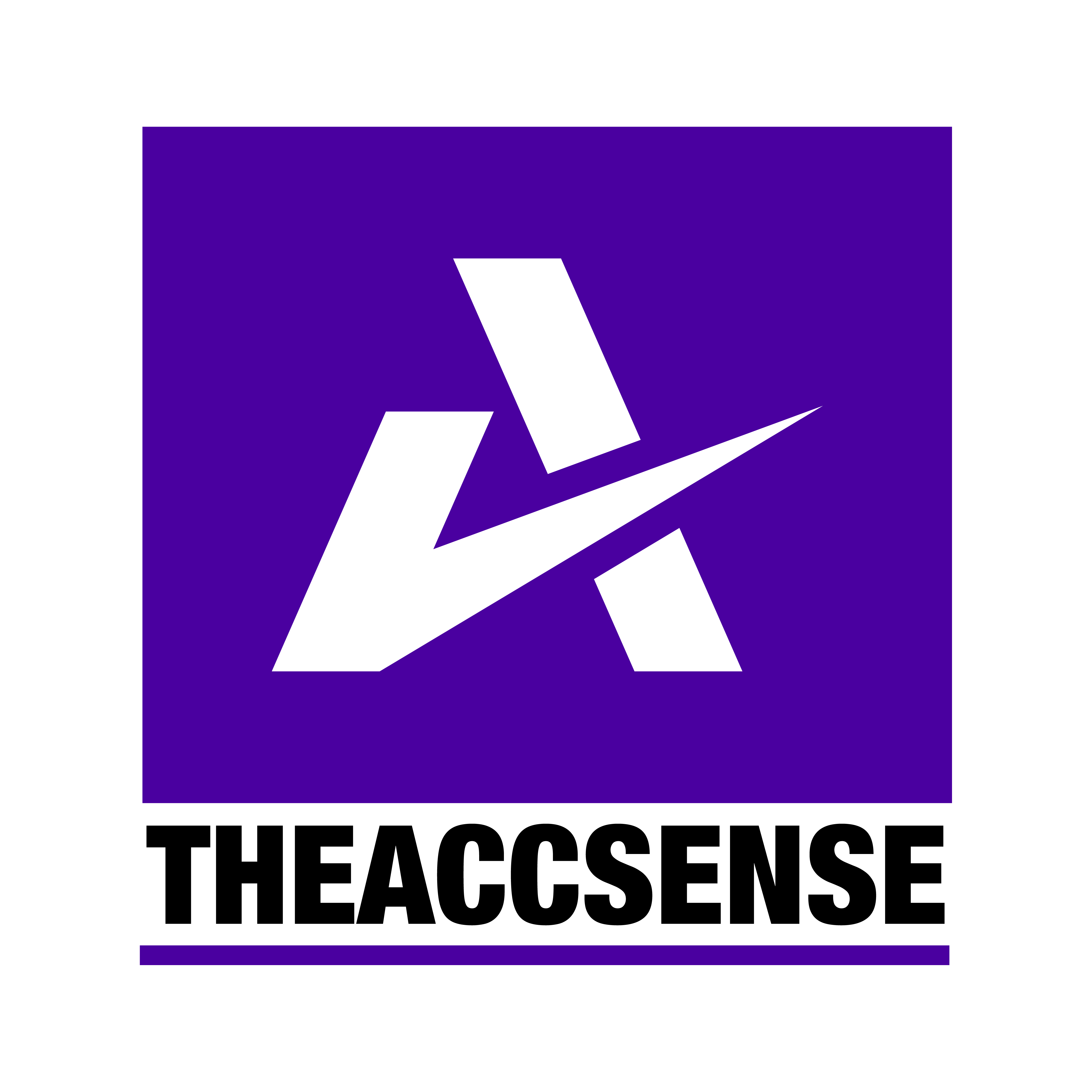The International Accounting Standards Board (“IASB”) on 19 November 2021 issued an exposure draft to amend IAS 1 Presentation of Financial Statements. It aims to improve the information that an entity needs to provide regarding its long-term debt with covenants.
Let’s take a closer look at the proposal by IASB under this narrow-scope amendments project.
The previous amendments to IAS 1
IASB had previously issued an amendment to IAS 1 which clarify that an entity classifies a liability as current when:
- it expects to settle the liability in its normal operating cycle;
- it holds the liability primarily for the purpose of trading;
- the liability is due to be settled within twelve months after the reporting period; or
- it does not have the right at the end of the reporting period to defer settlement of the liability for at least twelve months after the reporting period.
The amendments was issued on 23 January 2020.
The challenge introduces by the amendments
Based on the 2020 amendments, an entity can only classify its liability as non-current when it has the right to defer settlement of the liability at least 12 months after the reporting period. It is a requirement that the right must exist at the end of the reporting period.
Interestingly, the amendments further clarify that if the right to defer settlement subject to the entity complying with specified conditions (also known as covenants), the right exists only if the entity complies with those conditions at the end of the reporting period.
The challenge then kicks in when the 2020 amendments explicitly state that an entity must comply with the conditions at the end of the reporting period, even if the lender does not test compliance until a later date.
We have covered the detailed discussion on the amendments in Classification of Financial Liabilities in MFRS 101: What will change?.
The proposed narrow-scope amendments to classify liabilities with covenants
Stakeholders raised concerns regarding the outcome and potential consequences following the 2020 amendments. Because of that, IASB then decided to propose another round of amendments to IAS 1. The proposed amendments aim specifically to address the classification of non-current liabilities with covenants.
For that, IASB proposes amendments to the assessment of an entity’s right to defer and how it affects the classification. This is specifically where the debt or liabilities come with loan covenants.
- If an entity needed to comply with specified conditions/covenants on or before the end of the reporting period – such conditions affects whether the entity’s right to defer exists at the end of the reporting period. This is regardless that the lender will only assess the compliance after the reporting period.
- If an entity needed to comply with specified conditions/covenants within 12 months after the reporting period – such conditions do not affects whether the entity’s right to defer exists at the end of the reporting period.
Accordingly, an entity will now need to assess when it has to comply with the covenants, either:
- on or before the end of the reporting period; or
- within 12 months after the reporting period.
Presentation and disclosure of non-current liabilities with covenants
In a situation where an entity will only need to comply with the covenants within 12 months after the reporting period, the narrow-scope amendments further requires an entity to:
- present such liabilities separately in the statement of financial position using a description that indicates that the non-current classification is subject to compliance with conditions within 12 months after the reporting period; and
- disclose in the notes, information that enables users to assess the risk that the liability could become repayable within 12 months. Such information include:
- The conditions which it needs to comply;
- Whether the entity would have complied with the conditions based on its circumstances at the end of the reporting period; and
- Whether and how the entity expects to comply with the conditions after the reporting period.
In addition, the proposed amendments clarifies that an entity does not have the right to defer settlement of a liability for at least 12 months if the liability could become repayable within 12 months after the reporting period:
- At the discretion of the counter-party or a third party; or
- If an uncertain future event or outcome occurs and its occurrence or non-occurrence is unaffected by the entity’s future actions.
Conclusion
An entity must apply the requirements in the proposed amendments retrospectively in accordance with IAS 8 Accounting Policies, Changes in Accounting Estimates and Errors. IASB also proposes the effective date of 1 January 2024 in the exposure draft. The proposed narrow-scope amendments are open for public comments until 21 March 2022. We will update you in due course on the outcome of the proposal.

